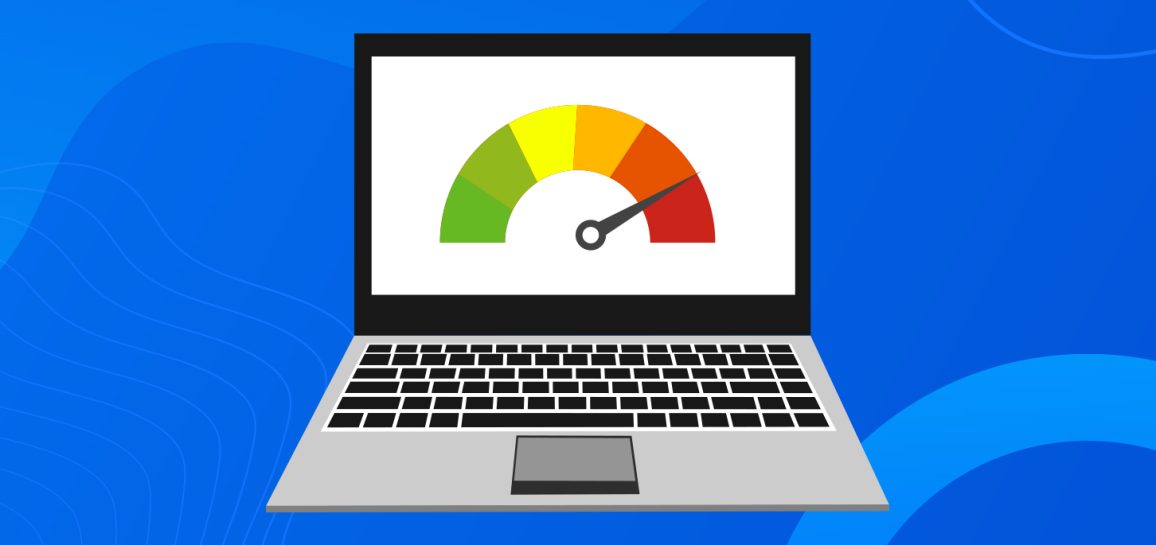Blog

Tips for Optimizing Website Speed and Performance
Optimizing your website speed is critical in providing a positive user experience for your visitors, improving your website’s search engine ranking, and establishing a good brand reputation. It’s also essential when looking to increase conversion rates—users are much more likely to abandon a slow website, reducing the chances of converting them into customers.
Here are just a few tips to help you improve your website’s speed and performance:
Use a Content Delivery Network (CDN)
A CDN is a network of servers located around the world that stores and distributes website content. When a website visitor requests content from your website (HTML pages, images, video, etc.), the CDN serves the content from the server closest to them, reducing the distance the content must travel. This improves website speed and performance.
Minimize HTTP Requests
Reducing the number of HTTP requests is an essential part of optimizing your website’s performance. The more separate HTTP requests, the slower your site speed will be. A few ways to reduce these requests are: combining CSS and JavaScript files, minifying code files, using CSS sprites, and reducing the number of images on your website.
Optimize Website Images
Compress and resize all images before uploading them to your website. This will significantly reduce the size of your website and improve its loading speed. Large images may slow down your page load time, causing frustration and a negative user experience for your site visitors.
Use Caching
Browser caching can improve website speed by storing frequently accessed data on a user’s device, reducing the need for new HTTP requests to the server.
Choose a Reliable Hosting Provider
A fast and reliable hosting provider can significantly improve your website’s speed and performance. Be sure to look for a hosting provider that uses fast servers and has a good reputation for uptime and reliability.
Minimize Redirects
While webpage redirects are necessary, they can negatively impact website speed and performance if not managed correctly, which is why you should avoid any unnecessary redirects on your website. Each redirect adds time to your website’s loading speed, negatively affecting the user experience and server load.
Optimize Website Code
Optimize your website’s code (HTML, CSS, and JavaScript) by removing unnecessary characters, comments, and white space. This will reduce file size and improve your website’s speed.
Test and Monitor Website Speed
It’s important to regularly test and monitor your website’s speed so you can identify areas for improvement and optimize accordingly. With a managed hosting plan, your hosting provider will monitor your website speed for you and ensure your website is running optimally, so you can focus on running your business.
For more information on how a managed hosting plan can help you optimize your website speed, improve search engine ranking, and enhance user experience, chat with one of our experts today!
Share this Post


Supercharge Your Website!
Lightning-fast Speed, Robust Security, and Expert Support.




